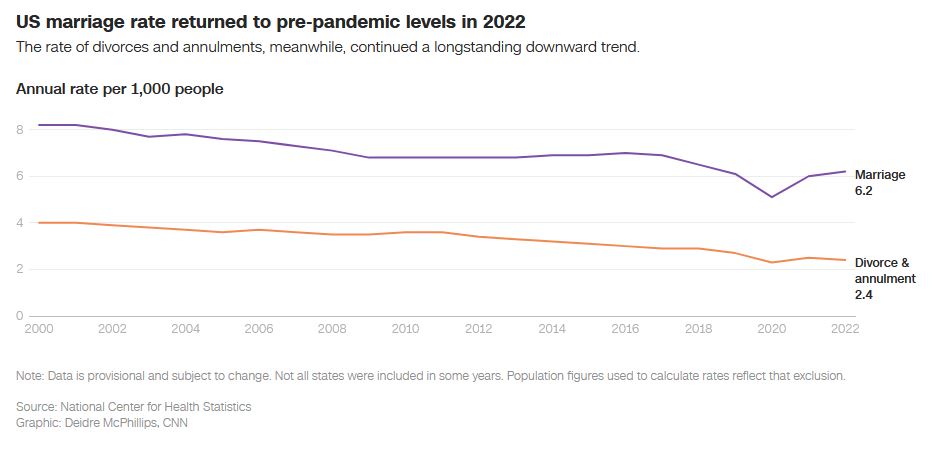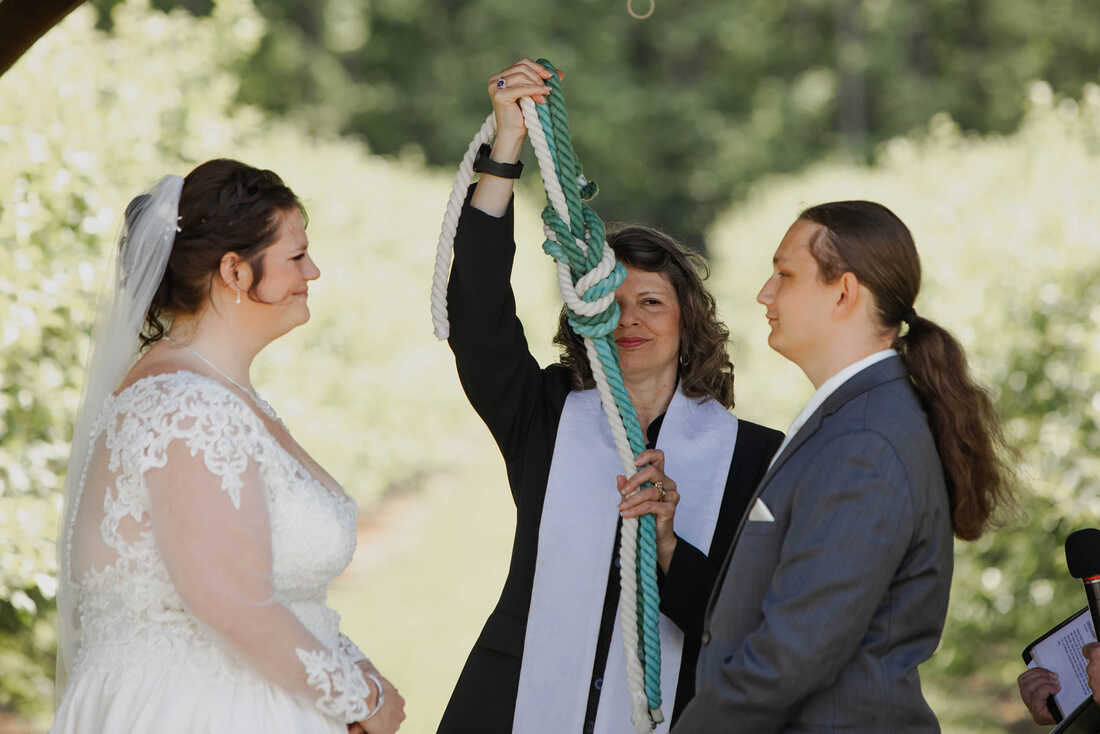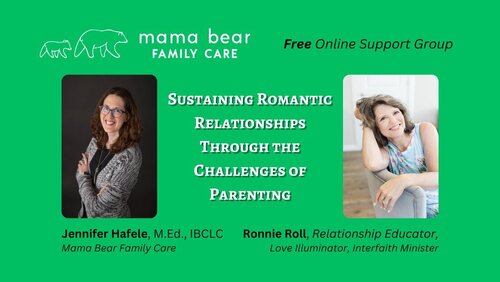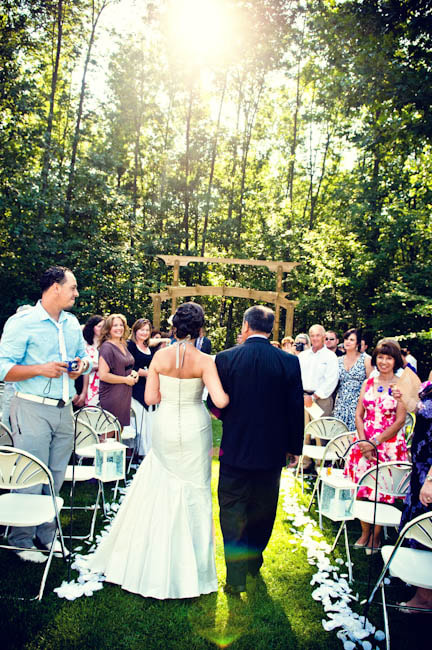|
I'm excited to announce that I will be starting a podcast this September!
It will address all things relationships, from home to work and back again. Let's talk about dating, marriage, sex, resolving conflicts, work relationships and so much more. We're all interconnected, and how this world turns is directly correlated to how we relate with/to each other. I like to push the envelope, and I'm not afraid to do it. There will be guests, you can send in questions you'd like me to address and I'll be answering them on the show, anonymously of course to protect the (sometimes not-so) innocent. So let's get to it! What topics would YOU like to hear? What questions would you like answered? Very little will be verboten or taboo. You'll find the pocast called Hearts Unlimited posted on all the usual spots - Spotify, iHeart Radio, Google Podcasts, YouTube, my website, FB page, Eau Claire Hometown Radio, and shortly after, Apple as well. Want to join my mailing list so you're one of the first to be notified when it's available? Send me a message and I'll make sure it happens. Have a message that needs to get out related to relationships in some way? Message me and let's chat. Maybe we're a good fit! #hearts_unlimited #revronnie #revronnieroll #relationshippodcast A recently published study is showing that marriage rates continue to climb after Covid, while divorce and annulment rates are dropping. This is great news and a positive to come out of a difficult time for many. Why is that?
Many couples moved in together and were locked down during Covid. As a result of living/working together, many couples had to face typical issues not usually addressed until much later in their relationship such as finances, compromising and autonomy. Those facts in addition to couples choosing partners who they share more companionship with than necessarily are just romantic partners, leads to the new statistics. This intentionality of designing a marriage that will foster a healthy, happy relationship that allows for individual happiness as well as happiness as a couple has been the foundation for premarital education classes long before Covid. Having a third party guide couples along the discussions; couples talking about things they might not have considered on their own; learning how to prevent conflict, move through it quickly and how to come out stronger on the other side of conflict; identifying their communication styles; navigating extended family relationships; and more can make the difference between a couple not being prepared for the ebbs and flows of marriage, and keeping their relationship healthy when things get tough. There are a variety of programs offered that are focused in different ways. Religious organizations usually offer a program focused on the teachings of their faith. Professional therapists offer programs focused on resolving childhood issues that can cause problems in a relationship down the line. The program I offer is focused on helping couples gain skills needed, based on scientific research and real world best practices. If you're considering getting married or just did so, consider enrolling in a premarital education program. It's not that important to complete it before your wedding day. It's more important that you complete it before you need the skills. When planning your ceremony, one of the ways you can personalize it and help your guests know a bit more about who the two of you are as a couple is through your unity ceremony.
A unity ceremony is a visual way to demonstrate the joining together of two individuals with God as One (if a religious union) or two lives together (if more civil/non-religious). Typically folks are familiar with the lighting of a center Unity candle or the pouring of colored sand into a central container. These are great options for an indoor ceremony, but may not work if you're outdoors where the wind can blow out candles or scatter sand. So what are other options? For those seeking something more spiritual, there are unity hearts, unity crosses, or a wine ceremony. For those seeking something that perhaps helps them speak to their roots, a unity ceremony with an Irish crios, a handfasting, a lasso or blanket ceremony, or jumping a broom may be perfect. And for others, having something that's not tied to religion but may be fun could be a tree planting, knot tying, unity box or unity locks. If you have a skilled officiant, they can get to know you, and create a unity ceremony that's unique and meaningful for the two of you that may be very different from anything your friends may have. I've created unity ceremonies for couples that love to camp, ski, run, drive a semi truck, play cribbage and so many more. So as you begin to plan your wedding, think about the things that you and your sweetheart have in common. What do you like to do for fun? What speaks to who the two of you are as a couple? That will be the place to start. Then reach out and ask me how I'd tie that in for you on your special day. One of my sons recently became a parent for the first time, while in his 30's. As we talk about what it's like to have a newborn, he often mentions how exhausting parenting can be.
We all know that parenting can be tough! Those little ones don't come out with a manual attached to their tiny toes, and if they did, each one would have to be individually written since each will need to be parented differently. As new parents, we are often surprised at how quickly we seem to lose control of our own lives and basics such as sleep, time, our finances, and our own freedom that we worked so hard to earn when we ourselves were growing up. It seems that children can take all of that, along with the energy, time and desire we used to have for our intimate relationships as well. The Gottman Institute states that a healthy, happy relationship not only gives us increased health, wealth, resilience and an increased lifespan, but it also sets a strong foundation for our children so they can thrive. I'll add that in doing so, we teach our children by our actions what type of relationship is possible for them as well. So the importance of keeping our relationships healthy, happy and oh yeah, HOT is critical for everyone! So how do we do that... On Monday evening, February 13, 2024 I'll be joining with Mama Bear Family Care to talk about how to do just that. This is a free, one hour only, Zoom live event. To get the link you'll need to register. Consider it a unique Valentine's Date Night - get a sitter, have a nice dinner, listen in, and then enjoy some alone time with the sweetie after. Perhaps this is a way to open the conversation with your sweetheart about needing a little attention? ;-) Here's the link to the event. Register today and share it with everyone you know who might need a little help or support in parenting. We start at 6:30pm Central Time. Get clicking now! https://www.facebook.com/events/914152400088023/?active_tab=about You've just invested two years of your life planning the biggest party of your life. Everyone has been trying to tell you how to do this, and it's been very stressful. Finally, the day arrives and you can now relax. You both said I Do, so now it's done. You're married forever. Right?
Wrong. Hollywood and Disney give us this image that our wedding day is when our happily ever after begins. Once we walk back down that aisle, we can just sit back and let the years happily roll by. We are given images of a young couple standing on a mountainside, kissing, with the sun setting in the background as they begin to roll credits. Life doesn't work quite like that. So now what do you do? That depends. We invest thousands of dollars and years in our education to prepare for a career we may change multiple times. How much did you invest in preparing for the most important relationship of your life? The one that sets the foundation for all you'll achieve? The Gottman Institute's research shows that a happy marriage will bring more health, wealth, resilience, more successful children, and couples will live an average of 12 years longer than those who are not happily married. Have you considered taking some classes on how to have a happy marriage? Maybe you skipped out on taking premarital education before you got married because you were afraid a minister would make you move apart while going through it. Maybe it was a small fear that the two of you might learn something about each other that might become a deal breaker and you didn't want to take that risk. Maybe you just couldn't afford it with all the expenses of the wedding. No worries. Marital education can give you many practical skills that you can begin using immediately. What if you could find a program that was totally non-judgmental, didn't push any religion, and gave you practical skills supported by scientific research and, was actually kinda fun to do? It's important for couples to learn how to prevent conflict from happening, and then how to move through it as quickly and painlessly as possible when it does happen. It's just as important to understand what to do if you hit a snag, so that you can move forward and deepen your relationship as a result. These are the skills often taught in a good premarital education program. If you missed taking it then, why not do it now? It's more important that you gain the skills before you need them, than to gain them before your wedding day. I offer individualized marital education for couples who are just like you - wanting to assure you beat the odds and stay happily married for the rest of your lives. Want more information? PM me. Let's talk. Have you heard that there's a virus going around that is causing a bit of a stir? I'm not trying to make light of a very serious situation that affects all of us, but I do hope that we all can keep some perspective through these unique and trying times.
Governmental restrictions are changing rapidly, and they affect many venues and sizes of gatherings that are allowed for an indefinite period of time. So how can you navigate some of this? 1. YOU CAN STILL GET MARRIED. So breathe! Your partner still loves you and wants to make that very special connection with you. That's not going to change. What may change is just the how and/or when. 2. DID YOU BUY WEDDING INSURANCE? If you did, good for you! Your wedding insurance may very well help you with covering expenses for relocation, date changing, cancelling, etc. 3. CONTACT YOUR VENDORS/VENUES. Now is the time to talk with them to review your contracts and talk with vendors about whether they are willing to waive change fees, adjust expenses associated with new locations, etc. For many venues defined as bars or restaurants, they may be shut down for a period of time. 4. CONSIDER YOUR OPTIONS ONCE YOU KNOW WHAT THEY ARE. a. While a venue may still be open, there may be a ban on gathering sizes, meaning your guest list may need trimming quite a bit. b. If your venue is closed now, they may be able to reschedule your date for later this year or into next year, depending on their current availability. c. Consider a small ceremony now with your reception later. There are many benefits to this, including more time to save money for the reception! 5. GATHERING RESTRICTIONS. This is where things can get tough! If the restriction says no gatherings more than 10 people, keep in mind that includes the bride, groom, officiant and 2 witnesses, let alone any caterer, servers, photographer, videographer, musician/DJ, etc. So what options are left? A. CONSIDER ELOPING. Smaller ceremonies can be much more intimate, meaningful, and less stressful for starters, let alone more budget-friendly. B. HAVE A SMALLER WEDDING. You can still get married! Keep the number of attendees within governmental guidelines, and hire a professional videographer to capture your special day to share with others later on! C. LIVE STREAM!! Technology today has us more connected than ever! Consider live streaming your ceremony so all your guests can witness your ceremony in real time. This is especially good for those who normally wouldn't be able to travel to your ceremony anyway, due to distance, cost or mobility. D. RESCHEDULE YOUR WEDDING. Many venues and vendors are willing to work with you to change dates. Some have cancellation/rescheduling fees, so please check contracts and talk with them personally about whether they are willing to be more amenable given the circumstances. Do keep in mind that there may be challenges with date availability down the road as next year's brides are also booking in the same time frame now that you are. Flexibility in scheduling may be important. And don't wait! These difficult times may very well lead to many deciding they want to be together always and don't want to wait any longer to begin that journey as well. If you have any questions, I am available as a resource, not just as an interfaith minister/wedding officiant, but also because I'm connected to many other wedding professionals. I can help you find replacement photographers, videographers, caterers, venues, etc. There's no question that there's a lot of fear to go around right now in the world. Fear is a powerful emotion that can cripple someone, keep them from moving forward in their lives or even from getting out of bed in the morning. Some are afraid of unknowns, such as change or the future. But there's another side to fear.
Fear is capable of motivating someone to greatness; to take action. Fear is a chemical reaction that takes place within our bodies when certain emotions are triggered. When we realize what it actually is, we can choose how to respond to it. The first step is to understand what it is that we're truly afraid of that's causing all the chemicals in our body to create that fight-or-flight feeling in our stomachs. What are the unknowns or changes we think will be required that are generating these feelings? What are the possible outcomes that are so scary about the situation? Fear lets us know that there is an unknown ahead; that we feel unsafe; that there might be a chance of being hurt physically or emotionally. Therefore, fear in itself is quite helpful if kept in perspective. Fear in animals keeps them safe from bigger, more ferocious predators. So how do we move from a place of fear to a place of love with something we really have little control over? Start by separating yourself emotionally from the fear. Imagine it's something that can be held in one's hand and examined from all angles, like a rubber ball. Evaluate the reality of the situation. How big is it? What are the ramifications that seem to be so scary? Are they real or is it the fear itself that's generating the emotions and chemicals happening? What are the potential outcomes of the decisions one might make as a result? What will it take to carry out those decisions, and will it be worth it in the end? Once we have those answers, we can control what we can, and let go of the rest. For a couple facing decisions about canceling their wedding to remove potential risk to family and friends, it might mean choosing to postpone their wedding and reception. For another, it might mean getting creative around the "how" they get married, and how others can participate in their joy. That couple may plan a much smaller wedding now, holding out for a few months to host a reception with everyone in attendance. Another couple may choose to elope, skipping the big wedding and reception altogether. Perhaps another couple might use technology to allow their family and friends to witness their joining together live or recorded, and find other creative ways for family and friends to celebrate with them. In each of these cases, the couple has chosen to move through their fear, finding a creative way to let Love still be celebrated, while making wise choices for themselves and their loved ones. Checking with vendors regarding cancellation/rescheduling policies may be the first step - eliminate the unknowns so one has the facts to make a better-informed decision. This same type of logic can be used in other areas of one's life. Whether it's fear around a job, a relationship, a life change or something that might require growth, we can use the same principles to move through it. Let fear be a positive motivator in your life!  Almost every marriage counselor or marital coach has heard "You don't love me!" only to be responded to with "What do you mean? I take the trash out every Monday night and make you coffee every morning before I go to work." Many people have heard of the Five Love Languages as a concept, but many do not know what it refers to. Dr. Gary Chapman created this concept as a way for people to talk about how they give and receive positive feedback (love) from others more readily. In the above instance, one party is expressing the feeling they feel unloved. The other party is expressing the fact they demonstrate their love by doing things for their partner. The first person more than likely is expressing the sentiment that they want the other person to tell them how they feel and they don't seem to acknowledge how the other person demonstrates how they feel through doing acts of service for their partner. Dr. Chapman identifies the Five Languages as:
The point to be made is that awareness is the key - knowing how you typically demonstrate how you feel and how your partner wishes you to demonstrate that is huge, as there may be a disconnect in that give/take part of your relationship. So is knowing how you wish others would demonstrate how they feel about you, so that you can communicate that to them and they then can act accordingly to show their love for you. This is true not only in our love relationships, but also in how we relate to our parents, our children, our friends and coworkers. What would happen if you showed your partner that you care by mixing up the different ways you let them know you love them? Try it! See what happens!  The ceremony was totally amazing! You had so much fun, and got to visit with all your family and friends. You might even think all the work you did, planning this shindig for a year was well worth it. Now you can sit back and relax, right? Not quite. Now is when the real work begins. Those first feelings you had about each other that made your heart flutter, other parts of you get excited, and made you want to be with each other all the time will start to wane. But this doesn't signal an end to your happiness! In this series we'll talk about some of the ways to couples make it to their 50th wedding anniversary, even more in love than before.
Relationships, like an ocean, go through changes frequently. There will be times when you can't stand each other, and other times you'll be so grateful that your partner still puts up with you; other times when you miss each other and can't stand to be apart. So how do you ride these tides out? First of all, understanding that the commitment you made to each other comes first. You took a vow to keep this commitment forever. It sets the foundation for all you do, and will do over the course of your life. It needs to be protected! Much like the ocean floor is protected by the depth of the water above, you need to insulate it from the superficial things that can affect its strength. Make good decisions that don't put it at risk on a daily basis. This looks different for every couple, and so it's important that you have open conversations about what are acceptable risks for each of you, and for how long you feel comfortable accepting those risks. For instance, one may have an opportunity to take a job that requires travel. How much time apart can you accept? For how long do you want to accept the distance between you? Are there ways to mitigate the emotional distance you may feel in addition to the physical distance when one is traveling? If you're the traveler, are there ways you can lessen the additional responsibilities at home your partner faces in your absence? Next month - Part Two: How do you feel loved? I recently saw the following posted in a Facebook group for brides-to-be from a recent bride.
"Sidenote for all the brides-to-be: We did some things for our wedding that were less traditional than most- and we did have family members question us or even judge us along the way. Remember that it's your day!!! Chop that train off if you want, have your dogs in your ceremony, buy Aldi wine- do whatever makes you happy! Your wedding is the first chance you have to show the world who you are as a couple, don't be afraid to make it unique! Your guests will have fun and you'll be glad that you went with your instincts- I sure was!" This sentiment was also echoed to me by a recent groom at a wedding rehearsal this past week. He and his bride chose to do a themed wedding and had received a lot of push-back for doing something different than the expected norm. I can't agree any more wholeheartedly that your ceremony is a reflection of who you are as a couple, and not as an individual or relative of anyone in particular. When you marry, the two of you will create a life together that is individualized. Why not start with your ceremony? Do your vows promise what you really feel you can promise and want to say on that special day? Does your ceremony reflect what you believe spiritually? Does it represent why you fell in love, and what draws/keeps you together? Today there are many ways to make your ceremony your own. Even if you both have very different spiritual beliefs, your ceremony can bring your families together rather than divide them. Do the two of you love Star Wars, the Rat Pack era, or the Packers but still want a spiritual ceremony that draws together two different faiths? No problem. It can be done and with class! All it takes is a little creativity and an officiant that understands the different religious traditions you wish to bring together. In the alternative, perhaps you want that traditional ceremony with your union spiritually blessed, but your minister/rabbi/imam is unable to perform a ceremony outside their congregation's location. That can be done as well. What you need to find is someone who has been seminary-trained and formally ordained and who can perform ceremonies virtually anywhere. The reason they need to be seminary-trained and formally ordained is because they are the only ones whose credentials give them the spiritual authority to bless your union so that your marriage is accepted in almost all churches, synagogues and temples. So dare to dream! Knowing what you share as a couple, what defines you, and what glue holds you together is a strength that can carry you far in your relationship. Expressing it on your wedding day is a way to celebrate it! Have questions? I'm happy to answer them for you! |
AuthorRev. Ronnie was ordained in 2010 as an interfaith minister through The New Seminary, located in New York City. She is available to perform ceremonies throughout the United States, aboard ship or in other countries. Archives
June 2024
Categories |







 RSS Feed
RSS Feed